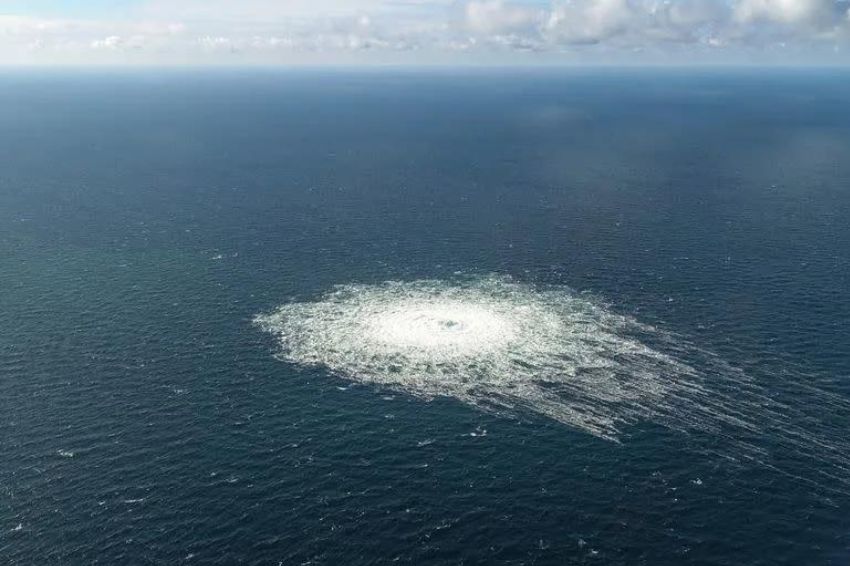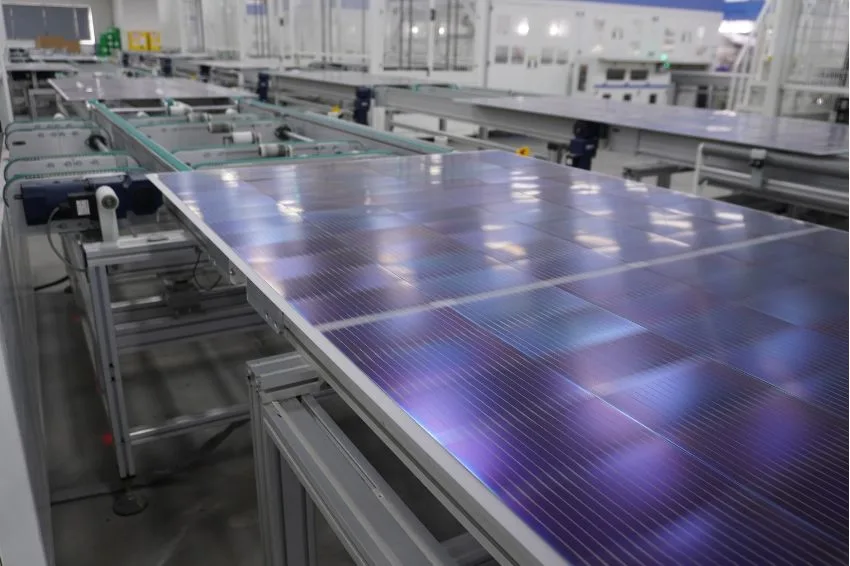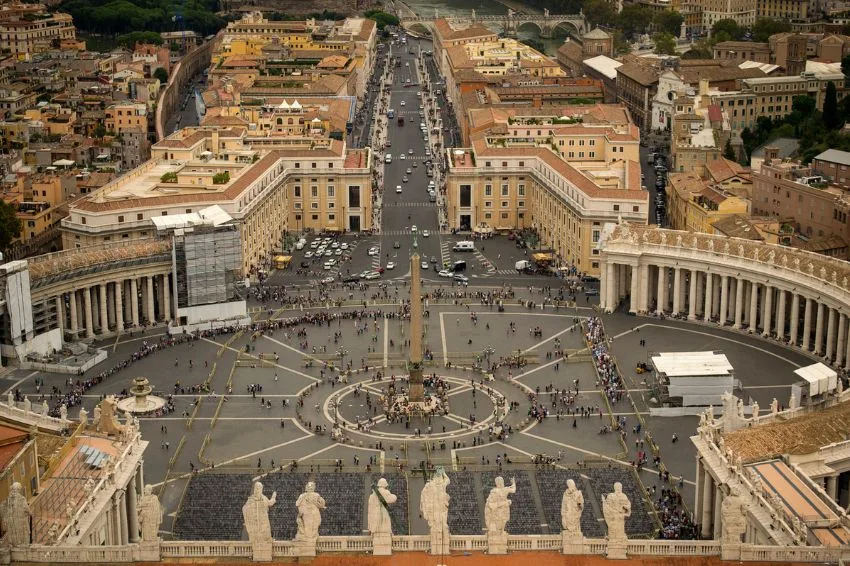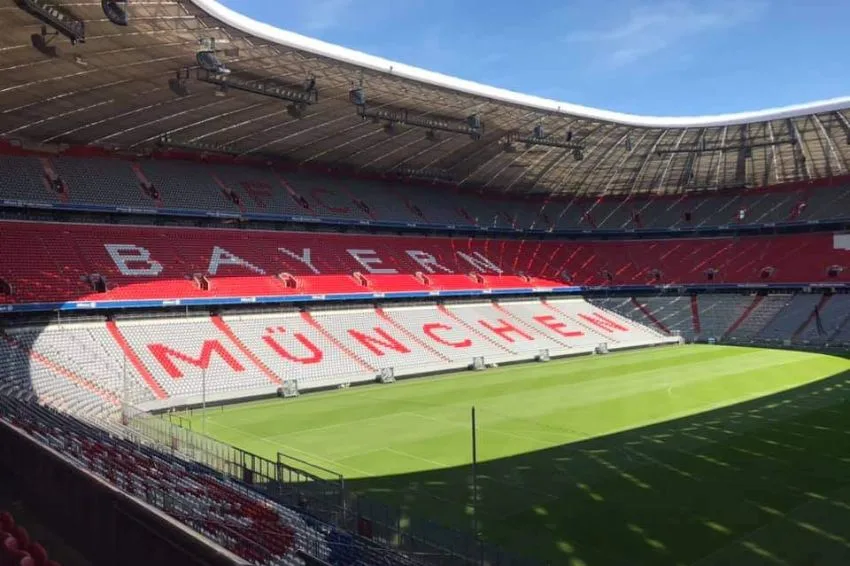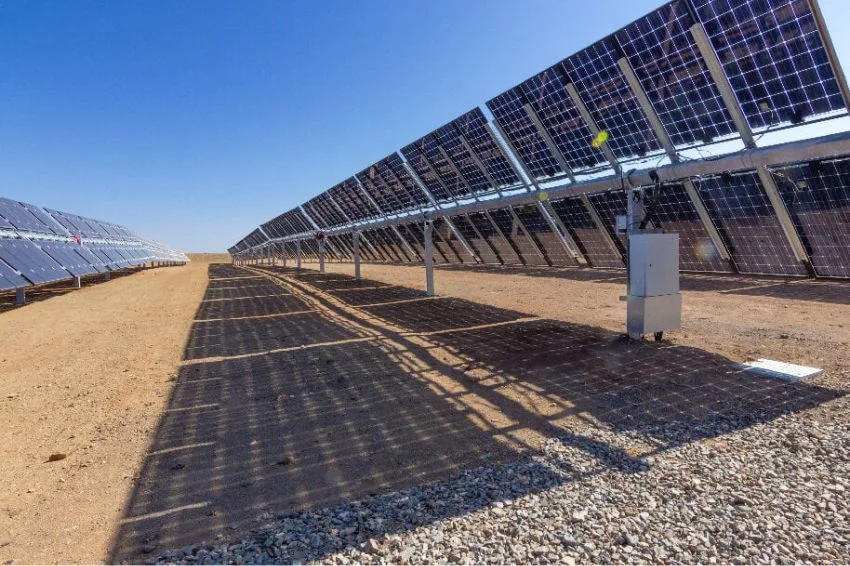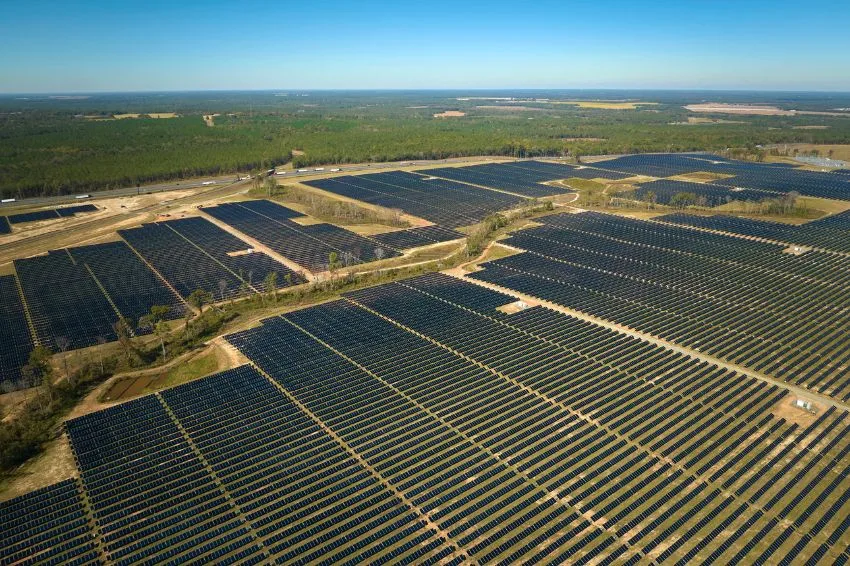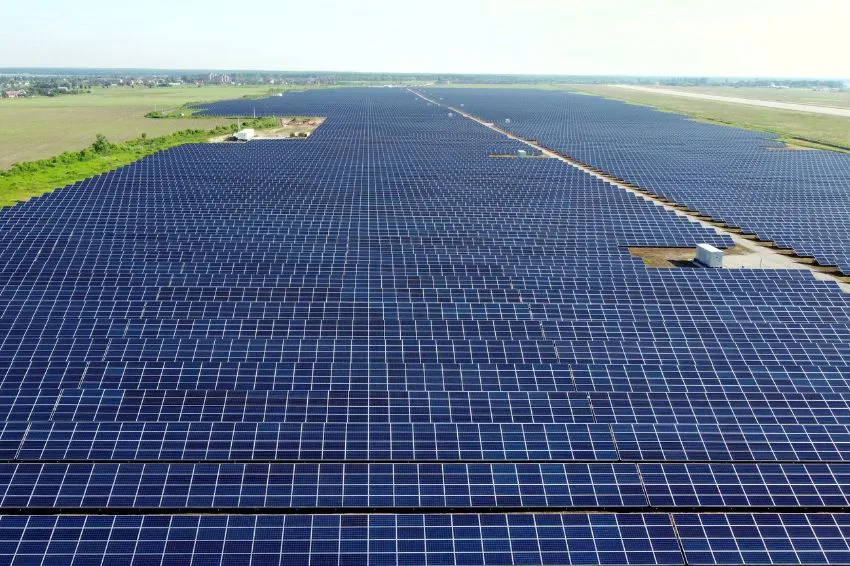Swedish and Danish authorities detected underwater explosions last Monday. According to Björn Lund, professor of seismology at the Swedish National Seismic Network, in an interview with a broadcaster, there was no doubt that these were explosions: “you can see very clearly how the waves jump from the seabed to the surface”.
To date, the causes for leak in gas pipelines have not yet been clarified and authorities from countries such as Germany, Sweden and Poland raise the hypothesis of a possible attack.
However, the Reasons that caused leaks may take time to be identified. According to Danish Defense Minister Morten Bødskov, the investigation may take one to two weeks to begin, due to the amount of gas in the tubes, which are at a depth of around 80 meters.
Late on Tuesday night, the President of the European Commission, Ursula von der Leyen, spoke on Twitter, referring to what happened as an “act of sabotage” and declared: “It is of the utmost importance to investigate the incidents now and obtain full clarity about what happened and why. Any deliberate disruption of active European energy infrastructure is unacceptable and will lead to the strongest possible response.”
Roderich Kiesewetter, defense expert for the CDU, the Christian Democratic Union party in Germany, believes that the incident is an attack by Russia. According to Kiesewetter, Russia had already shown in the past that oil pipelines would be used as a tool and energy as a weapon against Germany. “Therefore, such an act of sabotage would also fit into Russia’s state-terrorist and hybrid approach,” says the politician.
Simultaneous damage to several gas pipeline tubes would be unlikely, according to Ulrich Lissek, spokesman for Nord Stream 2. He comments that the pipelines are installed in such a way that just one accident would not be enough to cause damage to more than one tube simultaneously.
What happened increases the pressure surrounding the energy crisis that Europe is currently experiencing. Although the leaks found did not directly impact Europe, since there was no longer gas distribution to the continent, the situation raises concerns regarding the vulnerability of these systems as a form of energy supply. However, the price of European gas increased by around eleven percent last Tuesday.
Energy crisis in Europe
The price of kWh in European countries has risen exponentially. Currently, in Germany, the price per kWh can reach up to 51.58 euro cents, a value that may vary according to each region. For a residence that consumes up to 3,500 kWh per year, electricity costs can reach up to 1800 euros annually.
O conflict between Russia and Ukraine and the shortage of gas for electricity supply have been factors that influence the increase in energy prices in the country. Since the end of August, Russia has not sent gas to Germany, putting the country's gas reserves at risk. Without Russian gas, Germans are looking forward to a cold winter indoors and outdoors.
To try to contain energy waste and prevent the country from running out of its reserves before the end of winter, the German government determined new rules for energy rationing, which will be implemented from the first of September.
These include a maximum heating limit of 19 degrees in workplaces, commercial buildings, public buildings, supermarkets or even hotels and cinemas.
Public buildings and monuments must turn off their external lighting after 10 pm, the same applies to shop windows or buildings that are illuminated for purely aesthetic reasons. Only lighting for safety reasons may remain.
Buildings such as hospitals, daycare centers, schools and nursing homes are exempt from complying with rules regarding temperature and lighting. From October 1st, the government is expected to announce new rationing measures.
As a way to overcome dependence on gas from Russia, the German government has sought help from other countries. Alternatively, Germany has negotiated with the United Arab Emirates to receive an initial delivery of 137,000 cubic meters of liquefied gas later this year, which is scheduled to arrive in Brunsbüttel, near Hamburg, in December 2022.
According to the agreement made by German Chancellor Olaf Scholz, the state-owned company Emirati ADNOC is also expected to make monthly deliveries of up to 250,000 tons of diesel to Germany from 2023.
Renewable energies as an alternative
A Energy crisis has increased interest in the renewable energy sector, especially in the solar sector. The photovoltaic industry recorded an increase of more than 30% in the first quarter of 2022. According to the Federal Association, the trend will continue.
Following last year's strong increase in the construction of photovoltaic systems in Germany to around 6 GW of power, the industry has now recorded an increase of 32% in the first quarter, according to the German Solar Industry Association (BSW) in Munich.
At the same time, the storage sector is also expanding. In 2021, an increase of 60% was recorded in the sector, around 141,000 photovoltaic systems with recently built storage.
In the first half of 2022, around 14% more electricity was generated from renewable energy than in the first six months of the previous year. According to estimates from the Working Group on Renewable Energy Statistics (AGEE-Stat), the share of renewables in gross electricity consumption was around 49% this year. In 2021, the total was 41% for the entire year.
It would be solar energy one of the solutions to the energy crisis that Europe and countries like Germany go through? Solar, in addition to generating cheap electricity, also allows part of the supply of hot water. In seasons where there is less sunshine, the storage system can guarantee continuity of energy supply.
Despite the large role that the photovoltaic sector has played in the energy crisis, the German Solar Industry Association states that improvements are still needed in the conditions of decentralized solar self-supply and direct energy supply, such as reducing bureaucracy and readjustments in financing.


